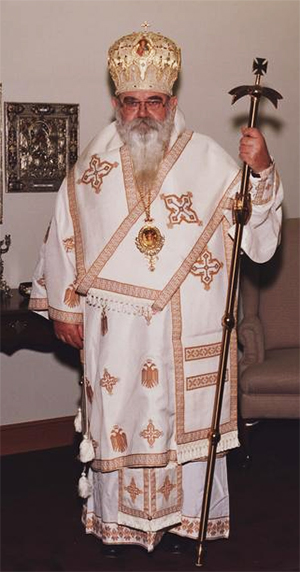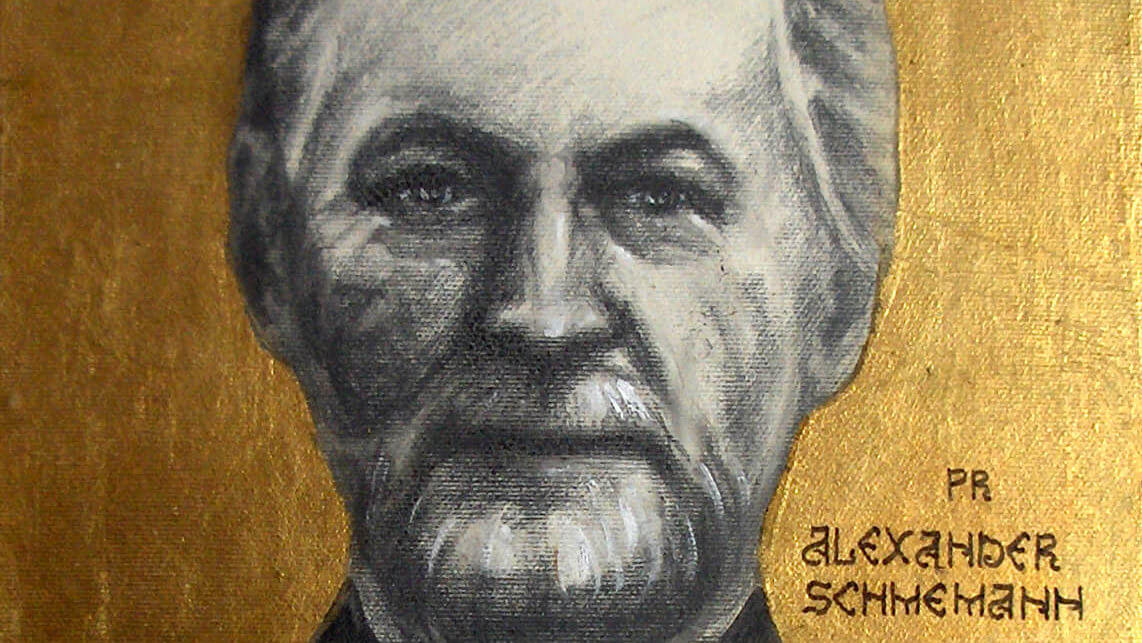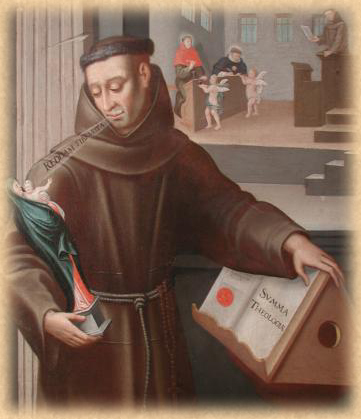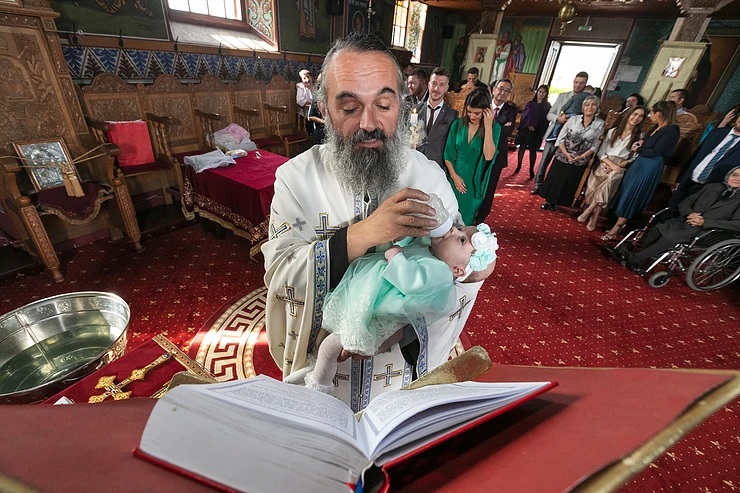 On Saturday, the Pope made news for the USA: Italian Archbishop Gabriele Giordano Caccia is the new representative of the Holy See to the United Nations. He succeeds Philippine Archbishop Bernardito Auza, who was named by the Pope as Apostolic Nuncio to Spain and Andorra. Since September 12, 2017, Archbishop Caccia has been serving the Church as the Apostolic Nuncio to the Philippines. We pray that he will be accessible to both the UN, the Church in the USA and in New York.
On Saturday, the Pope made news for the USA: Italian Archbishop Gabriele Giordano Caccia is the new representative of the Holy See to the United Nations. He succeeds Philippine Archbishop Bernardito Auza, who was named by the Pope as Apostolic Nuncio to Spain and Andorra. Since September 12, 2017, Archbishop Caccia has been serving the Church as the Apostolic Nuncio to the Philippines. We pray that he will be accessible to both the UN, the Church in the USA and in New York.
According to the Vatican News Service, says the following of Archbishop Caccia:
Born in Milan, northern Italy, on 24 February 1958, he has ordained to the priesthood on 11 June 1983. After serving in a parish for three years, he was sent to the Pontifical Ecclesiastical Academy in Rome where obtained a Doctorate in Theology and a Licentiate in Canon Law from the Pontifical Gregorian University.
Upon graduation in 1991, he entered the diplomatic service of the Holy See. His first assignment was at the Apostolic Nunciature in Tanzania, where he served for two years, until in 1993 he returned to Rome to work in the First Section (for General Affairs) of the Secretariat of State of the Vatican.
On December 17, 2002, he was appointed Assessor for General Affairs of the Secretariat of State. On July 16, 2009, Pope Benedict XVI appointed him Apostolic Nuncio to Lebanon and also an archbishop.
He was consecrated bishop on September 12, 2009, by Pope Benedict. On September 12, 2017, Pope Francis appointed him Apostolic Nuncio to the Philippines.
Archbishop Caccia will arrive in New York to assume his new responsibilities on January 16, 2020. He speaks English, French and German.
Archbishop Caccia becomes the seventh Permanent Observer of the Holy See to the United Nations in New York since the Holy See became a Permanent Observer State on April 6, 1964.
Speaking about his new responsibility, Archbishop Caccia said, “I have really loved my time in the Philippines and will miss this beautiful country and its faithful people, to whom I express my deepest gratitude.”
He hopes to be able to fulfil well the new task that Pope Francis has entrusted to him, “seeking to bring the light of Catholic social teaching to the discussions and debates of the international community.”
The UN is celebrating its 75th anniversary next year, and Archbishop Cassia says he is looking forward to helping the Holy See assist the world body in “renewing its commitment to the pillars of its Charter, preventing the scourge of war, defending human dignity and rights, promoting integral development, and fostering respect and implementation of international law and treaties.”
 Lord, you gave Saint Peter Canisius wisdom and courage to defend the Catholic faith. By the help of his prayers may all who seek the truth rejoice in finding you, and may all who believe in you be loyal in professing their faith.
Lord, you gave Saint Peter Canisius wisdom and courage to defend the Catholic faith. By the help of his prayers may all who seek the truth rejoice in finding you, and may all who believe in you be loyal in professing their faith.





